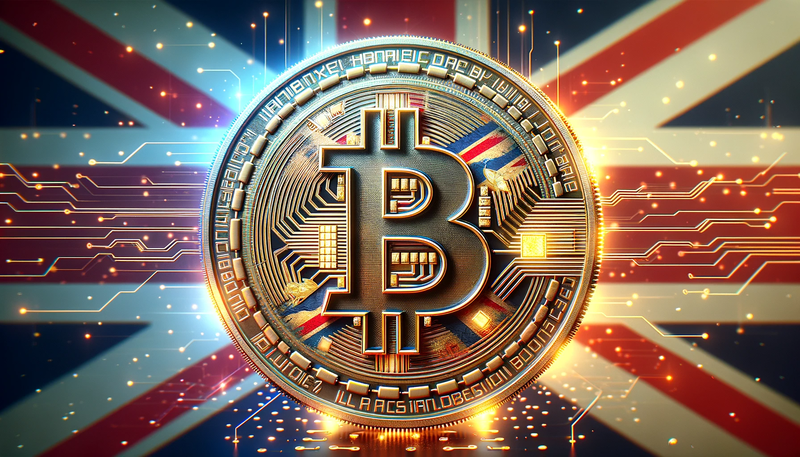
In the fascinating world of digital finance, where cryptocurrencies like Bitcoin and Ethereum are changing the perception of money, the United Kingdom stands on the brink of another revolution – the introduction of its own digital currency, colloquially called “Britcoin.” This endeavor, carried on the wave of innovation, raises many questions, particularly regarding privacy and security.
In a world where digital technology permeates almost every aspect of our lives, a new chapter in the history of money appears – the era of digital currencies, led by initiatives like Central Bank Digital Currency (CBDC). In the context of these changes, the United Kingdom faces a crucial choice – the introduction of its own digital currency, referred to as “Britcoin”.
The idea of “Britcoin”, though intriguing, is not yet ready for implementation. The Bank of England and Her Majesty’s Treasury have analyzed responses to consultations on CBDC, stating that further research is necessary before introducing such a currency in the United Kingdom. CBDC differs from known cryptocurrencies, such as Bitcoin or Ethereum, in its central management by a central bank, which raises certain concerns, especially regarding privacy.
Responses to the consultations clearly showed that British society is divided in its opinions. About 50,000 people, including representatives of business, civil society, and academia, expressed their concerns, mainly regarding privacy and data security. The UK government claims that the digital pound will be private but not anonymous, unlike cash. Despite many British businesses already not accepting cash payments, the government assures that the digital pound will not replace traditional cash, preserving an anonymous payment option for citizens.
The idea of introducing “Britcoin” is part of a global trend. According to data from the Atlantic Council, about 130 countries, representing 98 percent of global GDP, are exploring the possibility of introducing CBDC. The most advanced example is the Chinese digital yuan, with a digital wallet available to citizens and the option to receive salaries in this form in some provinces of China.
The UK government emphasizes a cautious approach to designing the digital pound, focusing on privacy protection and access to cash. Before any potential introduction, special legislation is planned to ensure user privacy and guarantee that neither the Bank of England nor the government will control how citizens spend their money.
It’s worth noting that introducing a digital currency is not just a technological issue but also an ethical and social one. The decision to introduce “Britcoin” will have far-reaching consequences, both for individual users and for the entire economy. Will the United Kingdom become a pioneer in this new era of digital finance? Time will tell, but it is already worth following the development of these fascinating events.
